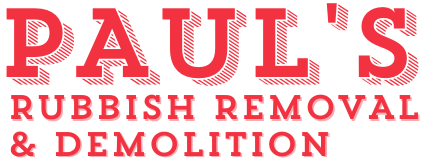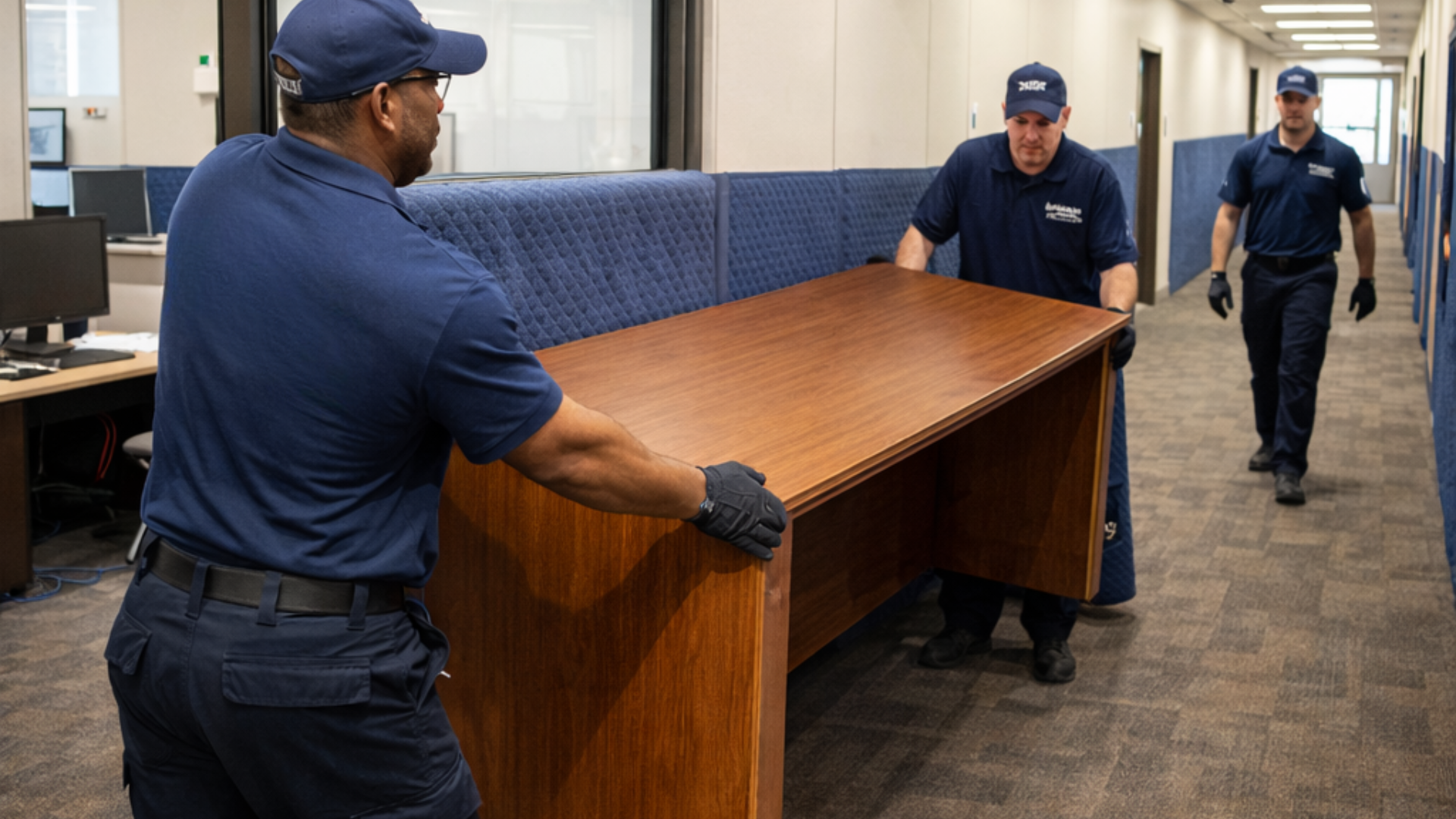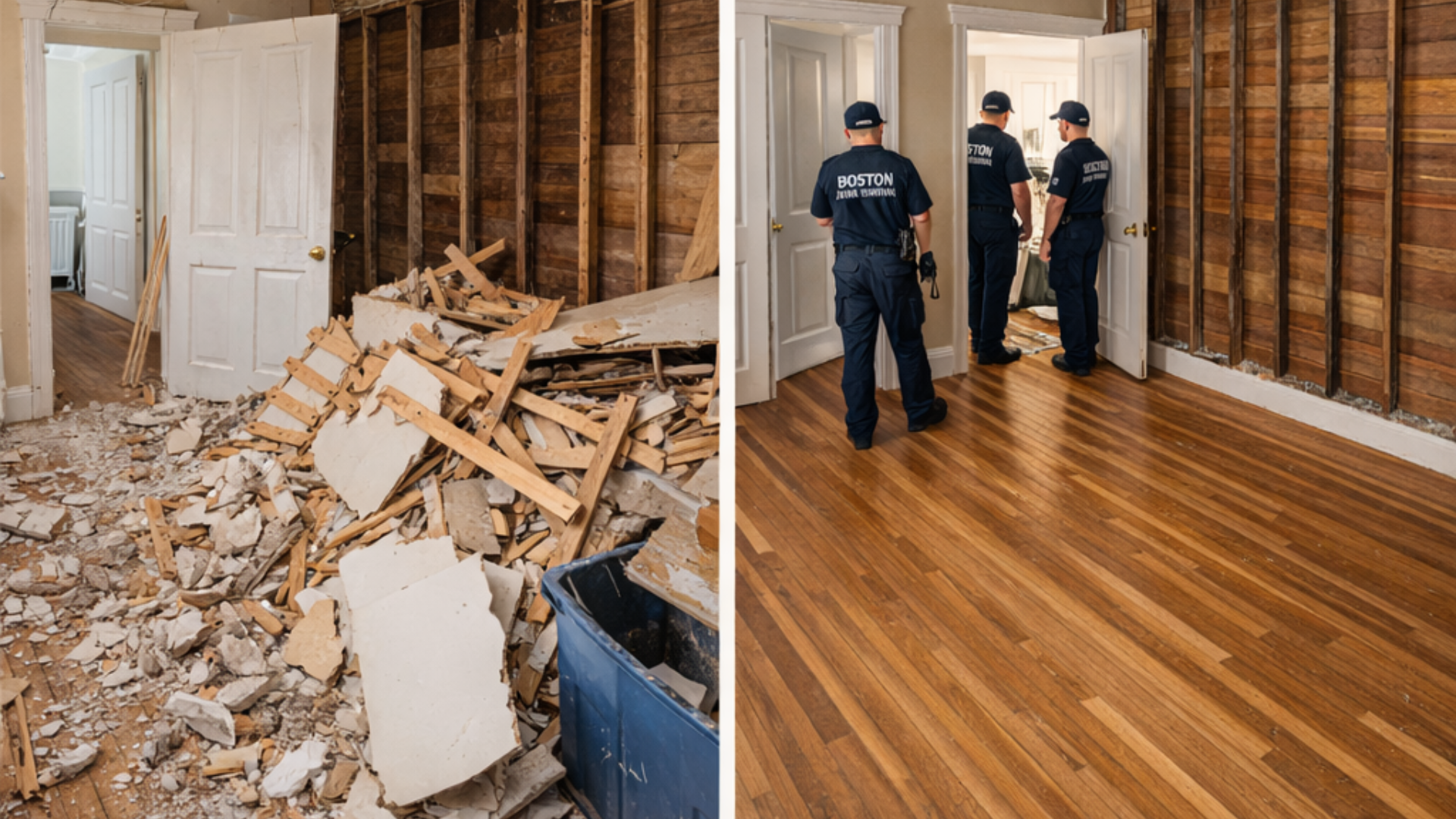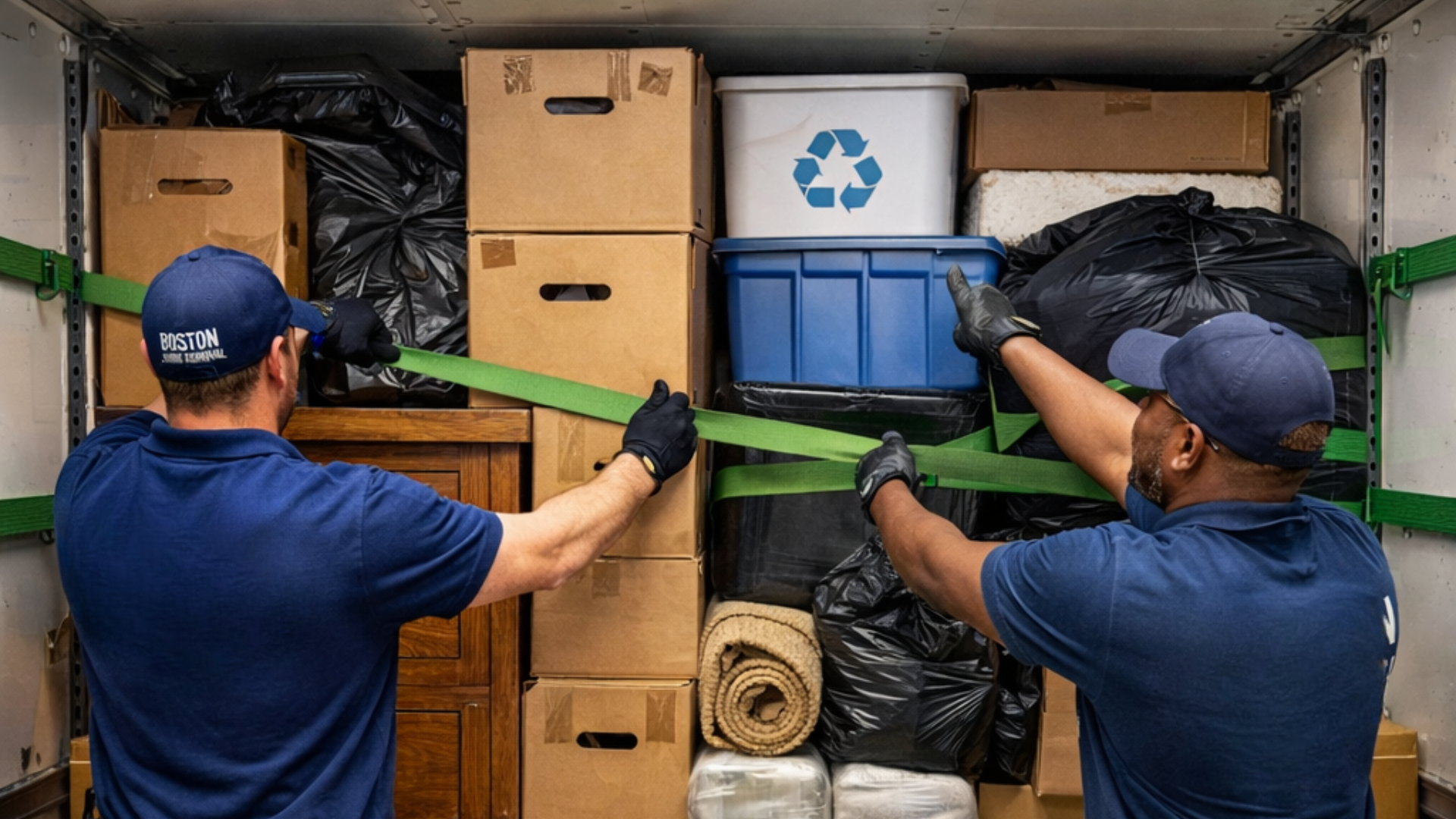Do You Tip Junk Removal Guys?
Do you tip junk removal guys?
Junk removal isn’t just hauling trash. It takes effort, planning, and patience. Many people looking for junk removal Boston ask whether tipping is expected. Here’s what matters.
How much do junk removal guys make?
Wages depend on region, company, and job type.
- Nationally, workers earn $15–$25 per hour.
- In Boston, that range often jumps to $20–$30.
- Weekend jobs or overtime increase pay.
Some workers are full-time, while others are on-call or seasonal. Many depend on tips to supplement their income, especially when business slows in colder months.
This is tough physical labor. Crews lift heavy furniture, climb stairs repeatedly, and manage awkward, oversized junk. It’s not unusual to spend a day sweating through attics or basements with low clearance and no ventilation.
Employees are also responsible for protecting the client's property. That includes carefully moving items without scratching walls, scuffing floors, or dirtying carpets. Parking issues and tight alleys in cities add to the complexity. These factors matter when thinking about tips.
Many workers also take on additional responsibilities like sorting items for donation, breaking down materials for recycling, and ensuring disposal regulations are followed. This adds time and effort to their day and is another reason why tips are appreciated.
Do you need to tip removal guys?
Tipping is not required. Still, like movers or delivery drivers, many junk removal teams appreciate it when the work is acknowledged.
You might consider tipping when:
- The team shows up on time and communicates clearly.
- They handle bulky or dirty items professionally.
- They clean up after themselves without being asked.
- They show care for your home and space.
- They adjust to last-minute changes without complaints.
You don’t need to tip if:
- The crew is disrespectful or careless.
- The job was incomplete or poorly done.
- They arrived hours late without a heads-up.
- They ignored instructions or created new messes.
If you’re unsure, consider the situation. A good rule is: if you would tip a moving crew for similar effort, a junk team deserves the same.
Jobs that involve climbing multiple flights, working in the rain, or dealing with awkward storage units also go above the basic call of duty. Tipping for that effort is a solid way to say thanks.
Returning customers often tip to build rapport. A small tip now may get you priority scheduling or extra help later. It shows you value the workers and could influence future interactions in a positive way.
Need quick and courteous cleanout help? Contact Paul's Rubbish Removal and Demolition for reliable junk removal in Boston.
How much should I tip junk removal guys?
Tipping isn’t one-size-fits-all, but there are some general practices.
Tip by percentage
- 10–20% of your total bill is typical.
- A $300 job? A $30–$60 tip is good.
Tip per worker
- $10–$20 per person is standard.
- For larger, more difficult jobs, $30–$40 per worker is generous.
Non-cash tips
- Cold water, especially in summer.
- Snacks for longer jobs.
- A Google or Yelp review mentioning the workers by name.
- Thank-you cards or a shout-out on social media.
Crews on full-service junk removal Dorchester jobs especially value shout-outs and referrals.
Tipping builds goodwill, especially with local teams. A few extra dollars show you noticed the effort. If you want the same crew next time, tipping can make that more likely.
Some clients ask what’s appropriate. If unsure, just ask the crew or company if tipping is welcome and what most clients give. Open communication avoids awkwardness and helps guide your decision.
What do junk removal crews really think?
Most crews don’t expect tips, but they do appreciate them. They’re more likely to remember clients who thank them with a small bonus.
Some companies pool tips, others let employees keep what they’re handed directly. To make sure the right people get it, hand tips to workers individually when possible.
Beyond money, crews like:
- A clean, safe work site.
- A restroom break on long jobs.
- Clear instructions and respectful communication.
- Customers who are understanding when things don’t go perfectly.
Saying “thanks” with a tip and kind word makes the job more satisfying. Workers in this industry often go unnoticed, so acknowledgment means a lot.
Also, if you liked the work, consider booking the same company again. Let them know you’d love to see the same crew. Teams value loyal customers who treat them well.
Some workers say they prefer a good review even more than a small tip. Sharing your positive experience publicly helps their business grow and validates their hard work. Share yours here
Extra things to consider
- Some companies have rules about tipping. Ask ahead of time.
- If tipping’s not allowed, leave a glowing review or refer a friend.
- Cash is always welcome, but electronic payment (Venmo, Cash App) may also be an option.
If you’re planning another cleanout soon, starting off on the right foot with a good tip and review may help you get faster, better service.
Want to leave a lasting impression? Offer a bathroom break or bottled water. Crews spend hours on the road without access to basic comforts. Small gestures matter.
Ask for a business card and refer them to neighbors or friends who need similar work done. Word-of-mouth is powerful and crews appreciate the support.
Tipping isn’t an obligation—it’s gratitude. For junk removal Boston residents, it’s a smart way to reward hard work and keep good service coming.
Need help with estate cleanouts, hoarding situations, or construction debris?
Paul's Rubbish Removal and Demolition handles it all—fast, friendly, and affordable.
GET YOUR JUNK REMOVED TODAY!
Enter the form below, or give us a quick call at
857-567-9676 and we will get back with you in 15 minutes!



